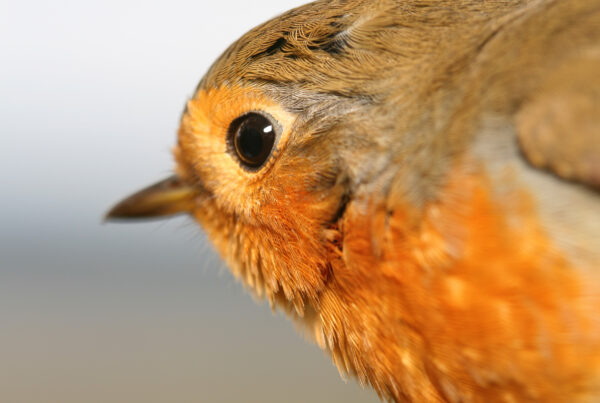
Positive peer pressure can enhance an individual’s self-confidence and support healthy lifestyle choices. Belonging to a healthy and stable peer group can have a good influence on your teenager, providing support in difficult times.
As a parent, you can guide your adolescent to choose a healthier and supportive group of friends. Peers play a crucial role in the development of personal identity and social skills in your adolescent. Teenagers learn how to negotiate, cooperate, and empathize with others in their peer group, which are essential skills later in life.
Adolescence is a formative period where teenagers develop their identities, critical thinking skills, social ties, and decision-making abilities that can influence their future. Peer pressure can encourage a person to change their attitudes, values, and behaviours to conform to the group’s unwritten norms.
Positive influence of peer pressure
Peer pressure can have a beneficial impact when it encourages good behaviour and positive attitudes. It can promote academic achievement, participation in extracurricular activities, or involvement in helping the local community. Positive peer pressure can enhance an individual’s self-confidence and support healthy lifestyle choices. Belonging to a healthy, positive group is essential for preserving mental health, allowing individuals to avoid situations that cause undue stress or discomfort.
Negative impact of peer pressure
Peer pressure can lead adolescents to engage in risky behaviours, such as substance abuse, reckless driving, and unhealthy eating habits. Under the influence of their peers, adolescents can suffer from stress, anxiety, and a loss of self-esteem as they struggle to meet the expectations of their peer group or engage in activities against their better judgment.
Adolescence is a formative period where teenagers develop their identities, from critical thinking to developing social ties and learning how to make decisions that can influence their future
Dr Emma Allende
The ability to say no
Emotional intelligence is a very valuable skill. Being able to say “no” is crucial for maintaining personal boundaries and ensuring one’s own needs and priorities are respected. Otherwise, adolescents can find themselves overcommitted, leading to subsequent stress and burnout.
Mastering the art of saying no without antagonizing others requires practice and can enhance relationships by setting clear expectations on both sides. Polite refusals, offering alternatives, or explaining reasons for saying no can maintain goodwill and understanding in personal interactions. Saying no is a form of self-care and allows adolescents to contribute to their emotional, mental, and physical energy.
Learning to say no is a process that involves overcoming guilt and fear of missing out, and recognizing that it’s impossible to please everyone all the time.
Strategies to counteract negative peer pressure
- Consider role-playing scenarios at home where the teenager might face peer pressure. Make it fun by switching roles and putting yourself in your adolescent’s shoes.
- Encourage your teenager to find friends with similar values.
- Let them know you are always there for them, regardless of the situation or decisions they make.
- Adopt an attitude of openness when adolescents want to share their peer concerns with you.
- Invite their friends to come home so you can sense their social dynamics.
- Empower your child to refuse unwanted activities confidently.
- Establish a secret word or sentence they can say over the phone to you in case they find themselves in uncomfortable situations and need an escape route.
- Help them understand the importance of staying true to themselves while being part of a group.
- Teach your child to evaluate the consequences of their actions and the influence of their peers.





